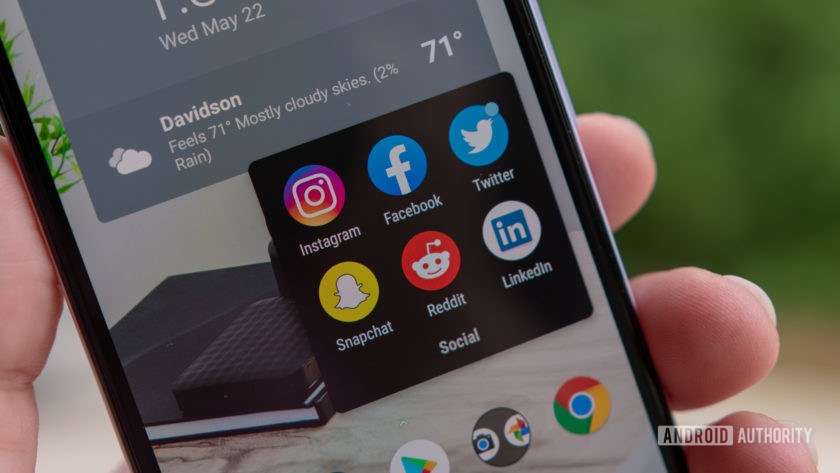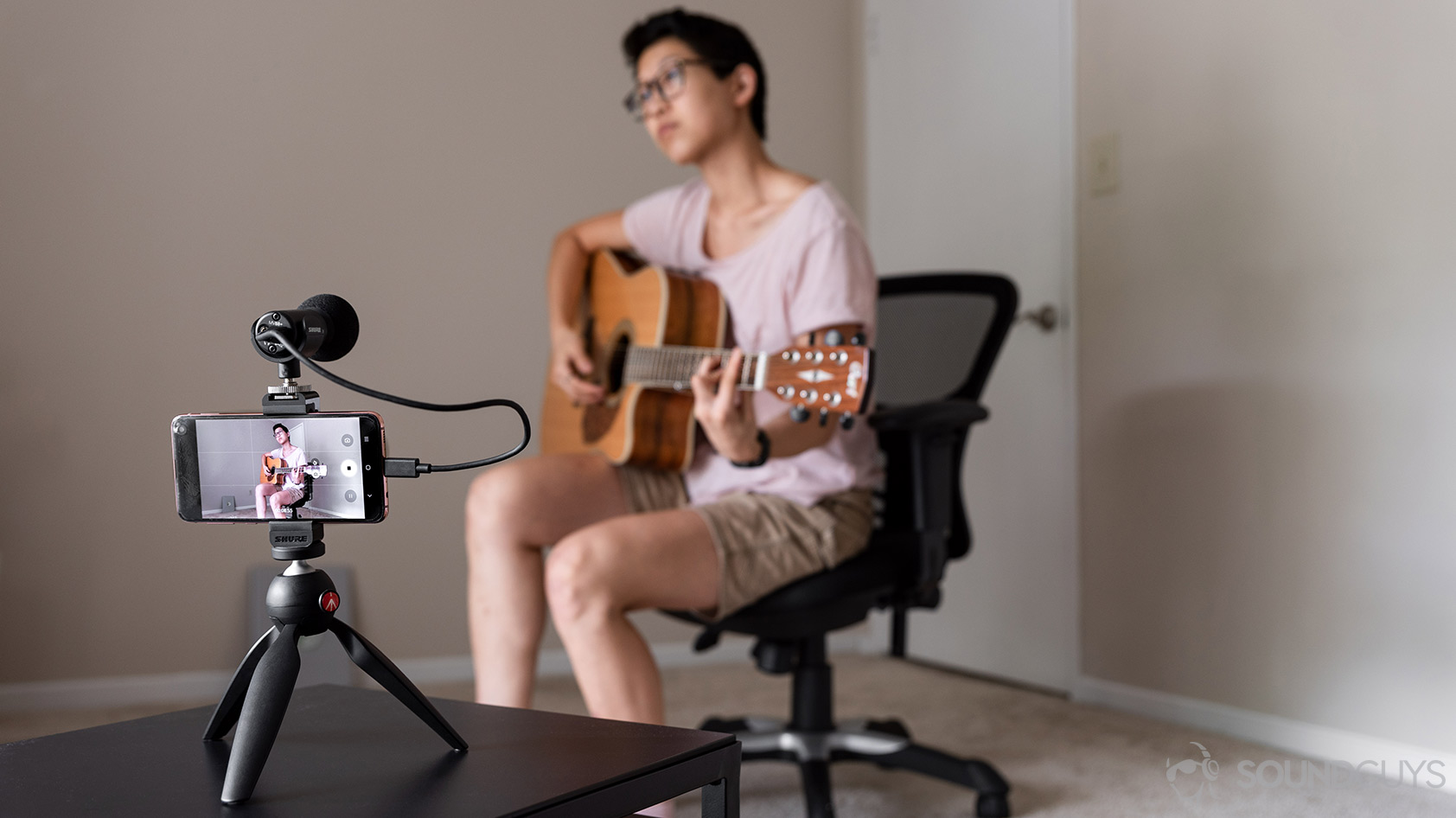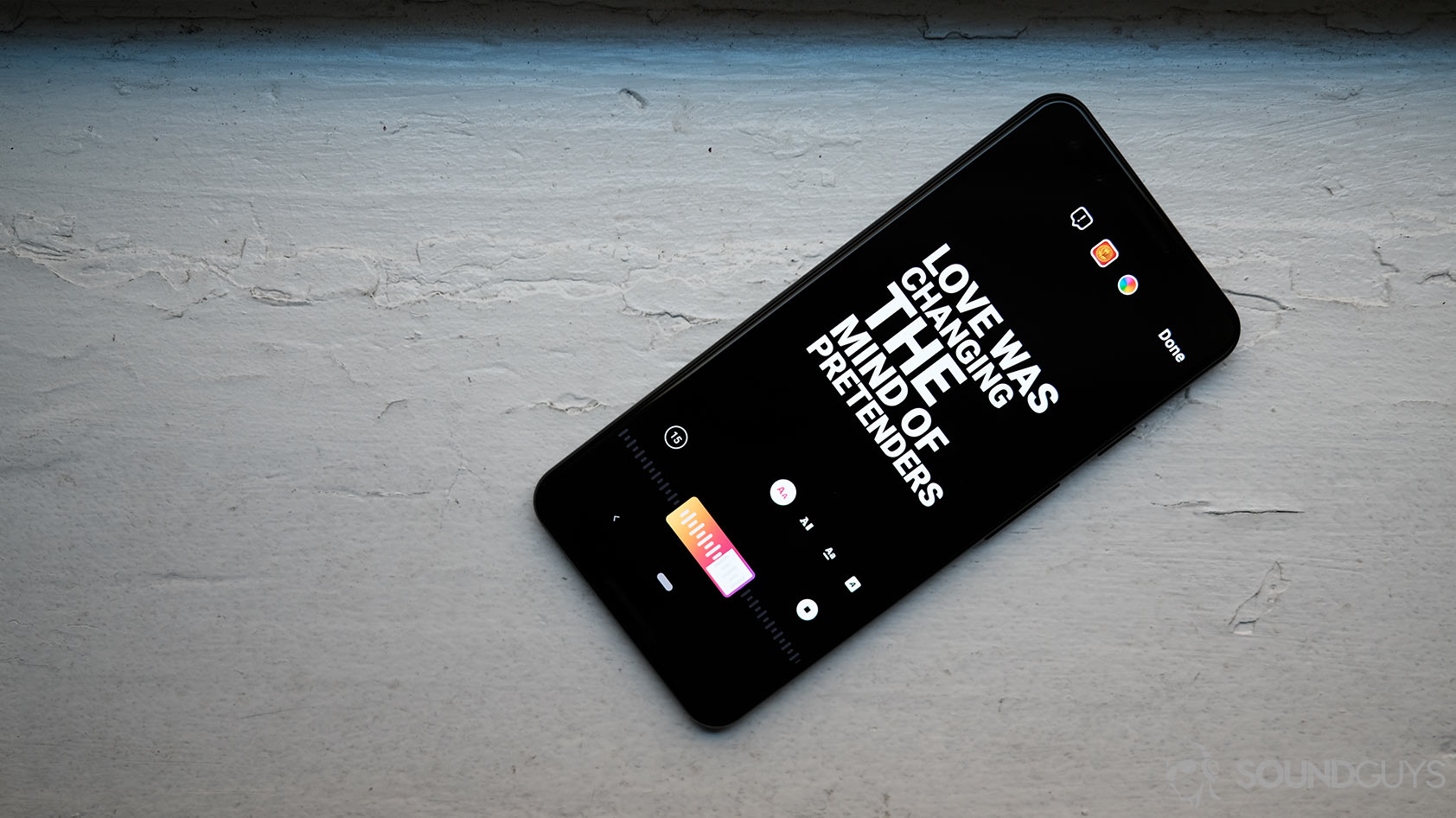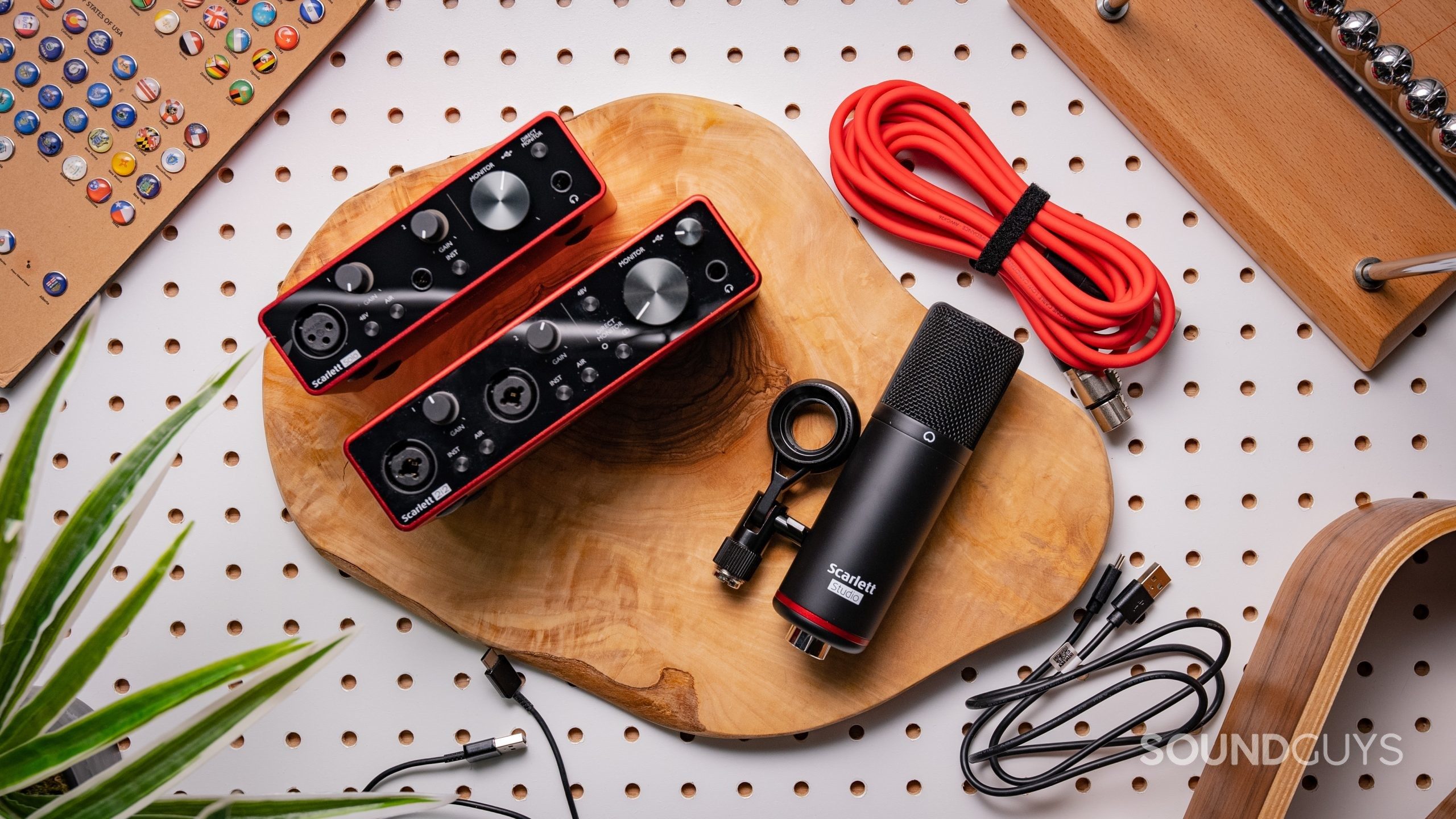All products featured are independently chosen by us. However, SoundGuys may receive a commission on orders placed through its retail links. See our ethics statement.
How social media has changed the landscape for budding musicians
October 4, 2024

The digital era has revolutionized just about everything we do, including within the music industry. Songwriters, composers, and musicians have unlimited opportunities to showcase creativity online. Nowadays, social media plays an integral role in promoting content and is the de facto way for artists to develop and connect with their fanbases. From X to TikTok and everything in between, musicians have a list of platforms to advertise their material. Perhaps unintentionally, this has blunted the reliance on record labels to break emerging talent. However, social media’s easy accessibility has created a saturated and competitive market, making it incredibly difficult to stand out.
Music in the metaverse

Music and live performances have been a part of our history for thousands of years. Some of the oldest instruments ever recovered date back 40,000 years, while our ancestors may have been able to sing 530,000 years ago. Comparatively recent scientific advances gave us the printing press and transcribed music, allowing composers to share music widely for the first time. In the 19th and 20th centuries, audio recording, playback, radio, industrialization, and vinyl pressings allowed for mass media. Fast forward to today, and musicians can record studio-quality songs and promote them directly from their bedroom on a shoestring budget. Social media is a key component of this.
However, like many musicians, I have tasted the nectar and felt the sting of social media self-promotion. While it has helped my band reach new fans, it is a timely and often distracting necessity of the modern artistic endeavor. Perhaps most frustrating is that time that could otherwise be spent honing your craft gets used to concoct engaging thumb-stopping content. Of course, this depends on which lens you view your musical outlet. For some, it is a hobby enjoyed best in the confines of four walls, while others want to share their works publicly. With nearly 5 billion users worldwide in 2023, social media is a vital tool for the latter.
With roughly 5 billion combined users globally, social media is necessary for promoting your music.
In 2023, respected music agency Wasserman surveyed 1600 music fans spanning the UK, Germany, Italy, France, and Spain. Of these, 47% directly follow artists they like on social media. 35% primarily use TikTok, while 27% use Instagram, 14% use Facebook, 7% use WhatsApp, 6% use Twitter, and 4% use Snapchat. TikTok remains the platform of choice for discovering new music among 18-24-year-olds, with 45% using it for this purpose. Interestingly, those aged 25-34 prefer Instagram for music discovery, while those over 35 gravitate toward Facebook to find their new favorite artists.
Nevertheless, the biggest hurdle for most musicians is knowing what type of content each social media platform prefers. As noted above, different demographics use different mediums to discover new music. For example, media-sharing platforms like TikTok and Instagram are handy for sharing behind-the-scenes footage. On the other hand, X is better for interacting directly with an audience. Facebook hosts a more business-centric model for listing events and merchandise.
X marks the spot

To make matters more confusing, social media companies operate complicated algorithms to promote material to their users. These differ from one platform to the next. However, they all require artists to produce and publicize tailor-made content regularly. Media that show faces are particularly desirable and usually generate the most engagement across each platform.
TikTok’s algorithm recommends content to users based on their preferences and interests. Liking, saving, sharing, and following videos on the platform will promote similar media on your feed. Likewise, viewing particular types of videos will inform the algorithm. So do video captions, hashtags, sounds, and whether the content is natively generated on TikTok. Musicians gain the most traction by filming directly from the platform instead of uploading from a third-party app.
Social media algorithms play a huge role in dictating an artists' online presence.
For comparison, Instagram operates a different model with separate Feed, Stories, Explore, Reels, and Search algorithms. The first is influenced by users you follow and those the platform thinks you would enjoy based on what you’ve engaged with previously. Stories work similarly and are ranked primarily from accounts you follow, your viewing history, and engagement. Explore, Reels, and Search aim to promote new material to your feed and use your likes, saves, viewing history, media information, and more to inform the algorithm. Savvy artists can tailor their content to specific demographics using the company’s Insights tool.
Some social media platforms are more artist-friendly than others, though. Since X’s Premium subscriptions launched in late 2023, many have noticed their engagement on the platform change. The company offers three tiers — Basic, Premium, and Premium+, each costing $3, $8, and $16 per month respectively. While paying for social media promotion is not new, this model actively hinders the online visibility of bands who cannot afford X’s premium memberships. Some would argue this stokes the flames of bands being in direct competition with one another to have their voices heard.
Tick, tock

There is no denying the benefits social media has made for the modern musician. Like many others, my band has found pockets of new global fans in continually growing numbers. However, it isn’t always smooth sailing and the reliance on social media has shifted many artists’ paradigms and work ethic. Being a musician is no longer enough in its own right — record labels want artists who already have a large online following and show marketing acumen.
Before the release of our debut album, my band pitched our songs to over 70 record labels in the hope of securing a deal. Many didn’t reply, but some were kind enough to respond. While none decided to take on the project, the quality of the music was never an issue. Instead, we were told that our social media numbers and streaming figures were too low. Though fearful of sounding bitter, this confirmed my suspicions about the significance social media presence has over the quality of music an artist makes.
Most record labels want artists who already have a large online following, reversing the historical marketing norm.
Since then, my band has invested significant time and resources to increase our online presence. The problem is that this has contributed to large marketing overheads. For example, one advert we used to promote our latest single on Instagram cost roughly $300. This resulted in over 1000 profile visits, 54000 impressions, and nearly 50000 plays. However, it cost $0.25 per profile visit. There is no way to quantify whether it resulted in increased streaming numbers or record sales.
The necessity to compete for attention on social media and the prevalence of paid advertising have contributed to a class divide among musicians. Rising costs of equipment, rehearsing, touring, recording, and production already weigh heaviest on the working class. Given social media companies are now encouraging artists to pay for promotion, the split between those who can afford it and those who can’t will presumably only get bigger.
But what do you think? Is social media good for discovering and supporting new artists, or does the pervasiveness of paid promotion and increased competition unnecessarily affect musicians’ ability to hone their craft?
Is social media good for discovering and supporting emerging artists?
FAQs
There are lots of benefits for musicians regarding advertising their music. However, standing out in such a crowded market is often time-consuming and expensive. Many social media platforms now operate paid subscriptions and advertising tools, increasing the expense of building an online presence.
The ascendancy of social media over the last couple of decades has changed the landscape for budding musicians. Rather than record labels fronting the cost of breaking artists and marketing new bands, musicians are now expected to achieve a large online following. Easier accessibility has also saturated the market, with musicians struggling to find ways to stand out.
It depends on who you ask. Some musicians are hobbyists, while others want their work to be heard publicly. The latter certainly benefit from the exposure that social media provides. However, curating engaging content regularly can be time-consuming and costly.
The internet has drastically changed the music industry, making it much easier to discover new music. Social media also allows artists to engage more personally and directly with their fans. Many online tools make it easier to promote shows and merchandise, which are key drivers of a musician’s profits. Streaming services also make up the vast majority of music consumption.
Thank you for being part of our community. Read our Comment Policy before posting.